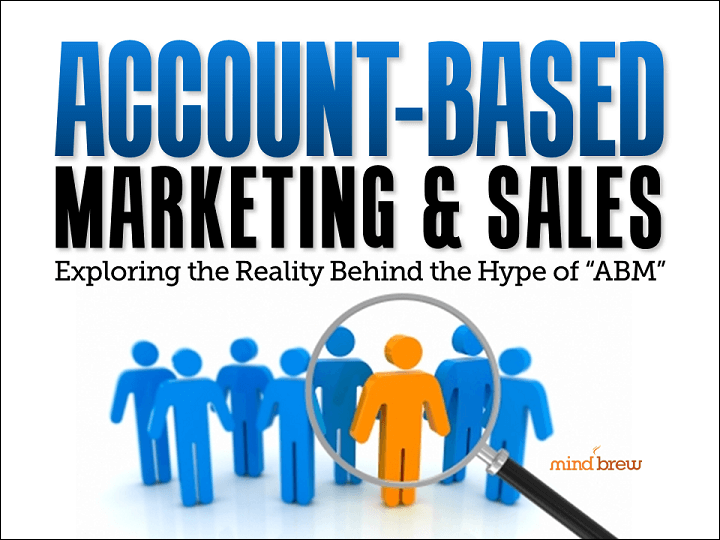There’s a maxim of good writing that says, “Show, don’t tell.”
Shakespeare could have told the story of Romeo and Juliet by writing, “Two kids, whose families didn’t like each other, fell in love. As a result of a series of misunderstandings, both kids killed themselves.” That covers all the most essential points of the plot, but it sure doesn’t move the audience or cause them to change their thinking in any way.
Instead, Shakespeare showed the audience scenes of the Capulets and the Montagues fighting. He let them watch Romeo and Juliet declare their undying love and experience the despair that ultimately led to their suicides. I think we can all agree that Shakespeare’s original version is much more likely to impact the audience on a deep level.
Too often, marketing ops folks take the first approach when they should take the second.
Marketing ops is in a unique position within an organization because they have visibility into a whole host of different functions: sales, marketing, product management, pricing and so on. Their skills and insight into company data can often reveal untapped potential and opportunities that the company isn’t fully leveraging. As a result, marketing ops practitioners are frequently among the first to recognize that a change needs to be made in the way the company does business.
But marketing ops doesn’t have any direct control over any other departments. That means, if they’re going to get people to do things differently, they’re going to have to be extremely effective at change management.
In fact, change management just might be the most important skill for marketing ops.
At its heart, effective change management is really all about being a great storyteller. You simply can’t skip to the end and tell another department, “You need to change the way you do things.” Even if you are right, the other department isn’t going to believe you because they haven’t come to that conclusion for themselves. That’s about as effective as Shakespeare telling his audience, “You should feel really sad.” Even if you want to be sad, you’re just not going to feel it.
So how do you get other departments to feel the need to change?
You have to walk them through the same thought process you went through to come to your conclusions. You have to show them, not tell them.
The express guide Answering Three Questions to Enable Change takes you through this process in more detail. It provides a very simple framework that leads to very powerful presentations that result in change that happens much faster and much more smoothly than you would ever expect.
If you want to be effective at marketing ops, it’s time to unlock your inner Shakespeare. No, we don’t want you to break out in Old English and iambic pentameter (Heaven, forfend!), but we do advise you to start doing more showing and less telling. Your ability to affect change in your company will be a lot better for it.







